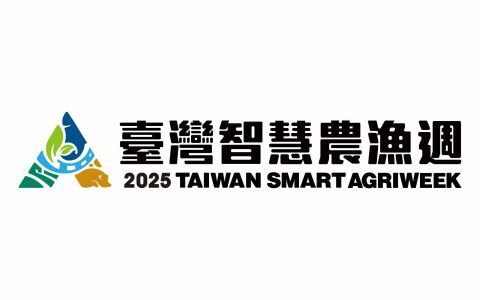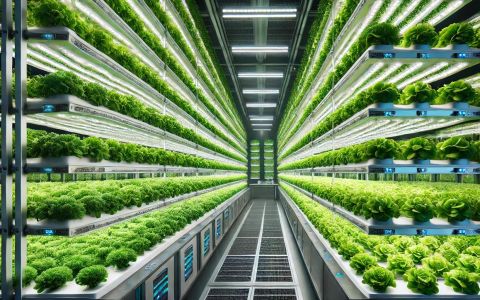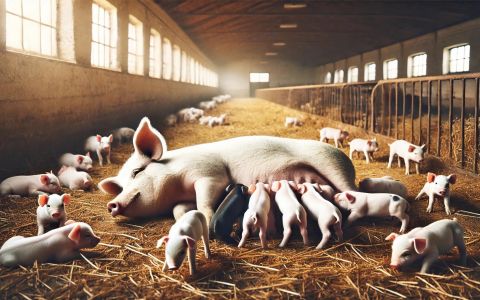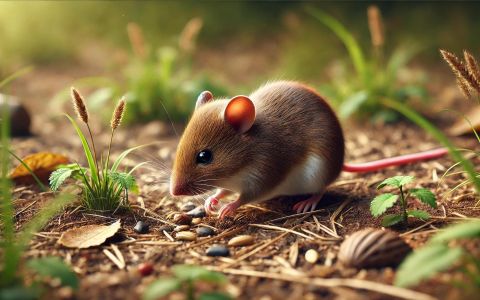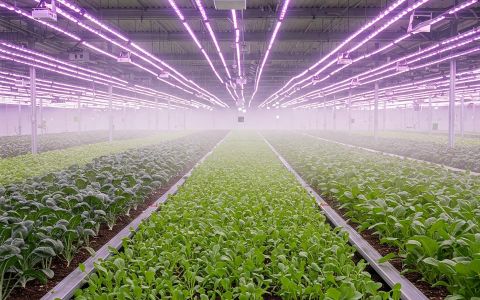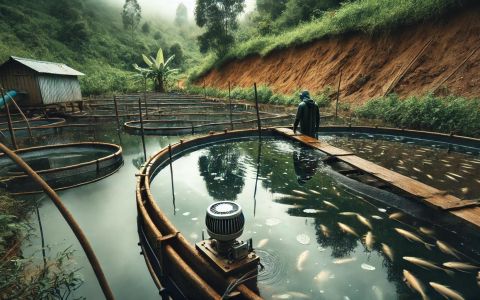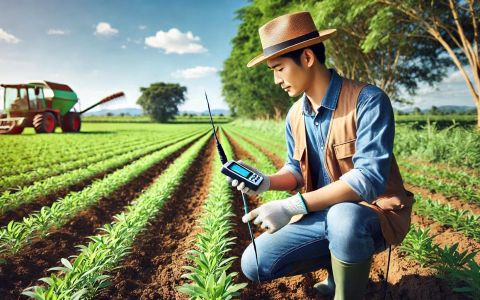Prevention is better than cure, introducing the concepts of preventive medicine and nutritional health into crop management
In the promotion of Integrated Crop Management (ICM), the most important is reduce the management cost of crop production, and at the same time improve the quality and yield of crops, let crop producers and eaters get more benefit. To achieve this goal, prevention is necessary in the crop management program.
At present, in terms of human medicine and veterinary medicine, the concept and program of preventive medicine have been formed, preventive medicine is divided into five stages, from neonatal disease prevention to don’t overuse prevention and control agents. And ICM starts from the selection of disease-resistant and healthy seeds, to the detection of soil, to understand the possible nutrient deficiency of crop growth, and the use of bio-stimulants and biochemical stimulants to increase crop resistance to the pests, all of which are similar to preventive medicine, so ICM can be a method that how success to preventive agriculture(PA).
The ICM Enterprise Alliance, comprising JHB Taiwan Corporation, Hopax Fine Chemicals, Agrogreen, Group Gain, JH Biotech(China), Inc., and ShanDong Duofen Agri. introduced ICM schemes for coffee, mangoes, grapes and citrus fruits last year. These schemes utilize organic fertilizers combined with microbial agents and liquid fertilizers, along with potassium phosphite, plant essential oils, and trace elements such as manganese and zinc, to enhance the absorption of major and trace elements while simultaneously reducing pest/disease occurrences.
In the field demonstration results of ICM on fruit crops, the use of bio-agents derived from Bacillus licheniformis and B. subtilis has been shown to enhance flowering, yield, and quality of apricots and apples. These bio-agents have the ability to solubilize phosphorus, release potassium, and produce the plant hormone IAA. Additionally, spraying plant protection essential oils containing orange peel oil or cinnamon oil can effectively reduce powdery mildew in citrus, apples, blueberries, and other fruit crops, as well as control the occurrence of red spider mites, thrips, and aphids. Furthermore, applying trace element fertilizers with plant-based antimicrobial components can effectively reduce powdery mildew and gray mold on grapes fruits and leaves.
From the above results, it can be seen that the individual application of non-toxic or naturally derived agricultural materials can effectively reduce crop pests and
improve the quality of agricultural products. Implementing ICM for crop production management will be helpful for farmers, allowing them to quickly mitigate initial losses caused by pests and simultaneously enhance crop yield and quality during harvest, ultimately achieving the goal of preventing agricultural.
Other News
Introducing a brand-new Corporate Identity System (CIS) with a clean and impactful logo that symbolizes the event’s mission to connect various sectors of the agriculture industry.
Taiwan’s agriculture plays a pivotal role in national food security, economic development, and global trade. Despite limited arable land, climate challenges, and an aging rural workforce, Taiwan has developed a highly efficient and technologically advanced agricultural system. Today, the sector is undergoing a digital and sustainable transformation through smart farming, automation, and eco-friendly practices—aimed at boosting productivity, reducing labor reliance, and improving resilience.
Inquiry Date: March 8, 2025
Buyer's Country: Taiwan
Inquiry Date: March 7, 2025
Buyer's Country: Pakistan
Inquiry Date: March 5, 2025
Buyer's Country: Taiwan
Inquiry Date: March 5, 2025
Buyer's Country: Taiwan
Inquiry Date: March 4, 2025
Buyer's Country: Taiwan
Inquiry Date: March 3, 2025
Buyer's Country: Taiwan
Inquiry Date: March 2, 2025
Buyer's Country: Taiwan
Inquiry Date: February 27, 2025
Buyer's Country: Taiwan











